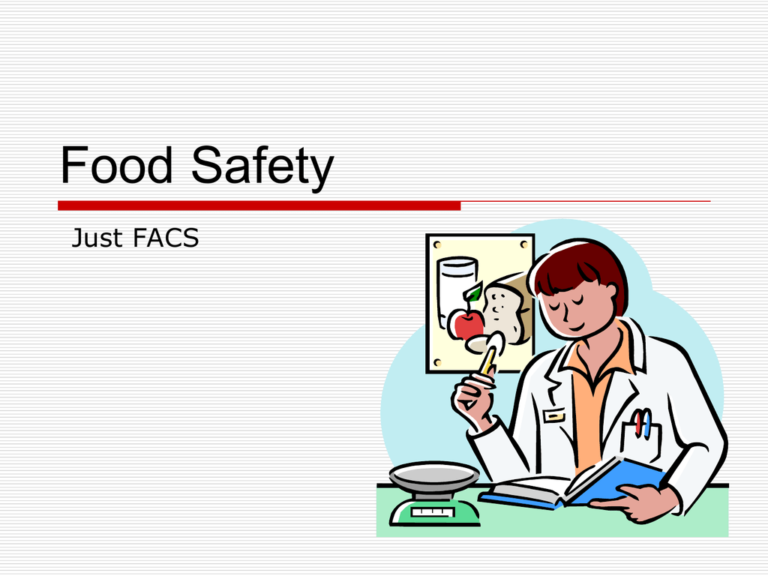What To Do If You’re A Victim Of A Cryptocurrency Fraud?
Scams and breaches are common in the cryptocurrency business, often due to a lack of knowledge on the investor part and lack of supervision by the authorities. Since you are responsible for the security and safety of your own money, learning about the various forms of cryptocurrency scams and attacks is essential.
In this article, Dennis Bierman, broker of The Investment Center platform, explains several schemes, how scammers could affect you, and what you can do to defend your money from potential threats.
CRYPTO PHISHING
The cryptocurrency industry has been vulnerable to spam emails, which are derived from common phishing scams. The senders would portray themselves as a cryptocurrency-related service provider. Such fraudsters would also duplicate current exchange websites to make them seem completely legitimate. In addition, these cryptocurrency scams entice traders to enter confidential information into the copy-cat website, such as their private keys. Thus, your personal information is passed on to the hacker who now has access to your cryptocurrency wallet.

Most phishing emails would request confidential details, including your e-wallet credentials. You can protect yourself from crypto phishing scams in a variety of ways. You shall be careful of the following:
- Any service that claims to deliver cryptocurrencies for free should be doubted.
- Check all links carefully before clicking on them. Also, remember NOT to click on any links inside your email from an unauthorized source.
- Please do not submit your confidential information on any website, no matter how authentic it seems.
- Use an antivirus program that has anti-phishing features.
- Never give away your cryptocurrency details over the phone or online.
PUMP AND DUMP SCHEMES
Pump and dump schemes seek the help of a network of devoted organizers to publicly gather support for a particular cryptocurrency, attracting the attention of many traders. Pump and dumpers inflate the price of a commodity excessively, tempt potential buyers to purchase the coin on a specific market, and then sell it for a profit. If the promoters dump the coin, these buyers who keep pushing up the price will finally lose money.
A cryptocurrency pump and dump scam can be identified in a variety of ways:
- Pay attention to the trading value of a cryptocurrency. Accurate trade volumes will be complex to fake for a pump and dump operation.
- Before making any investment decisions, use reliable sources and cross-reference material.
- Don’t let the fear of losing out get the best of you. Just because someone else is investing doesn’t guarantee they’re making sensible decisions.
MALWARE
Malware is the most popular kind of internet virus: malicious software installed on your computer and destroys, disrupts, or accesses confidential information. In some instances, a scammer might be able to gain complete control of your computer without your permission. Simply put, malware is any harmful software that infects your computer.

Although it would have little effect on your physical network, it will be able to steal your confidential cryptocurrency information. Fundamentally, this cryptocurrency fraud could result in stealing your money, which is an irreversible transaction.
A new type of malware known as ‘riskware’ has also emerged. It targets computers and mines cryptocurrencies using their idle data centers. You may not be aware that your computer has been compromised with malware and specific effects are as plain as a slowing down of your device. So, if you’re a serious cryptocurrency trader with much money, you should take extra care online.
You may install authenticated anti-malware software to identify and protect yourself from malware infection in real-time.
CONCLUSION
Make sure you do your homework before trading your cryptocurrency or investing in a new coin. When reports of scams continue to rise, stay up to date with the latest news and trends. Over everything, don’t forget to incorporate popular digital best practices into your work. Scams and vulnerabilities in the cryptocurrency market will continue to develop as the business matures, and you must remain safe.







